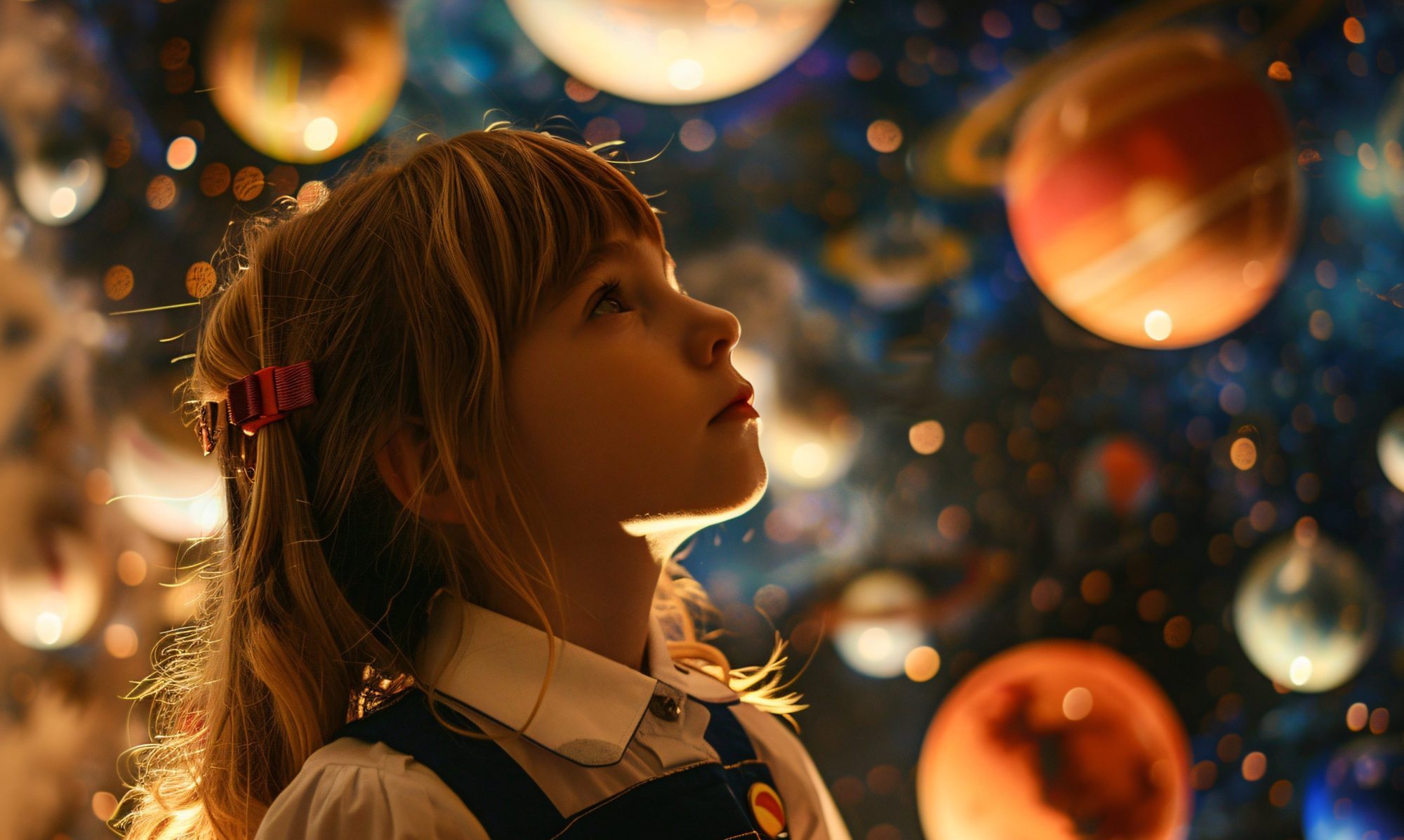Last weekend, I took my Susans—my best friend and my step-sister, both Susan—to see Alice in Wonderland. Burton, Depp, and Carroll. Together. What could go wrong? I know. Sleepy Hollow. Willie Wonka. I live in hope, though, and I wasn’t disappointed. Let me just say, I am also a sucker for movies/books/real life where the girl/woman defies the expectations of her restrictive society (or family) and does her own thing in the end.
One of my favorite lines in the new Alice is said by the Mad Hatter when he and Alice are fleeing the Knave: “You used to be much more…’muchier.’ You’ve lost your muchness.” The last time the Hatter saw Alice she was a fearless child. (She was six in the original Alice in Wonderland and seven and half in Through the Looking Glass.) Now, in the Burton’s movie, Alice is 19, and she’s running away not only from the Knave but also from a marriage proposal and the prospect of a lifetime of being a bird in a gilded cage. She denies being the right Alice. The right Alice—the one Wonderland needs—is supposed to slay the Jabberwocky on Frabjous day and defeat the big-headed Red Queen. This Alice has convinced herself that her original adventures were nothing more than a recurrent bad dream that she’s tamped down inside of her—much as she’s done with her muchness.
That’s what society expected from her. Muchness may have been tolerated in a precocious six-year-old or even encouraged by a doting father brimming full of muchness himself. However, Victorian society expected her to smother her own curiosity and verve and wanderlust, to marry well, and pop out the next generation of lordlings. Alice couldn’t completely smother her muchness, though. That’s why she ran when Hamish proposed marriage in front of all of the upper crusty society. That, and because she saw the White Rabbit.
She followed the rabbit back down into Wonderland, back down into the scene of her childhood adventures. There, she’s once more shrunk, stretched, scratched, stuffed into a teapot, stretched and shrunk some more until she ultimately reclaims her muchness. She remembers her childhood self, that she is the right Alice, and acts to save Wonderland. “How’s *this* for muchness?” Alice cries as she lops off the head of the Jabberwocky. She defeats the Red Queen and restores Wonderland to its own former muchness.
Alice could have stayed there in the court of the White Queen. The Hatter certainly wanted her to, but Alice knew she needed to face her real-world life. She returns to the surface, muchness still intact, to tell Hamish and everyone assembled thanks but no thanks. Everyone, that is, except her late father’s business partner, whom she convinces to do business with China. In the last scene, Alice—in a lovely Alice blue suit, perfect for adventuring—sets sail for China.
[Here’s my only quibble. Why is it always just the father or a father figure like the partner who’s not intimidated by the strong young woman? That’s a whole ‘nother post, though.]
Losing or forgetting one’s muchness isn’t just a product of corseted Victorian society. The time-period lends itself to telling these kinds of tales because of how circumscribed women’s roles were in that society. Screenwriter, Linda Wolverton, said she researched how young girls were supposed to behave in Victorian society and made Alice do just the opposite. (NYT) The corsets are gone now, and girls can grow up to be whatever they want—practically.
But, we still lose our childhood muchness some time after 12 or so, it seems. We may lose our sense of wonder, our openness to experience, and our innate belief in ourselves. I think this is what fascinates me about YA/MG literature. It’s the time when we’re expected to start growing into our roles in society. The roles may be more loosely defined now, but the definitions are still there. Women are expected to look a certain way. (Men, too, but not to the same extent.) We’re all expected to do the school-work-family thing. We may spend our teen years rebelling against and/or embracing those looming roles. And, sometimes we lose part of ourselves. So, we need heroines like Alice to remind us not to lose our muchness in the process of growing up.

Great post, Angie! Here’s to “muchness!” Now, I really must go see this movie!
Awesome post, Angie! Of course, I like to think I have a fair amount of my muchness, which is what makes me so eccentric, and of course is why I am drawn to writing YA stuff.
I really enjoyed Alice as well. I’ve always loved the books, and I think this was the first film adaptation that truly did them justice.